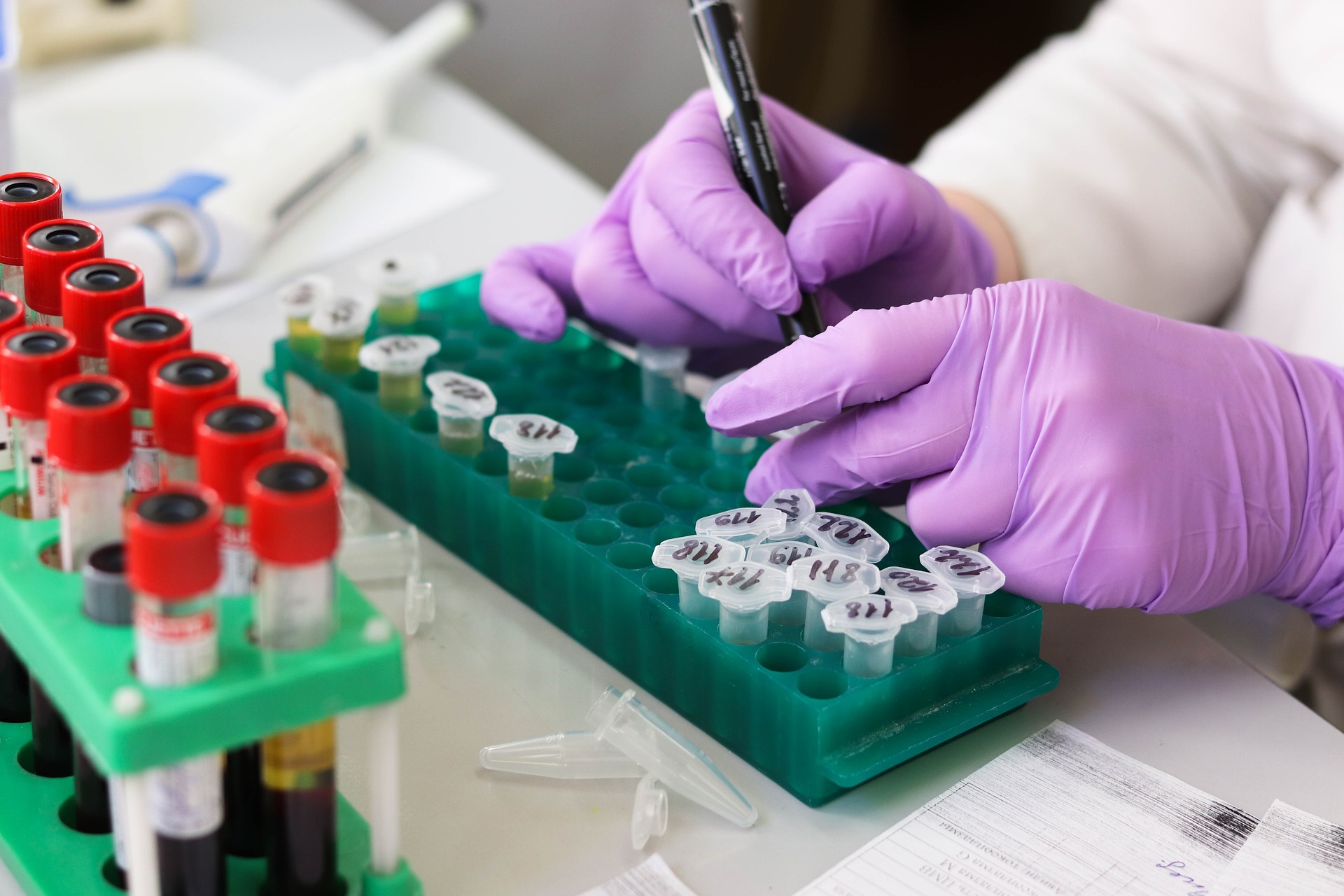Protecting Insulin-Producing Islets Through Cell Editing
A hallmark of type 1 diabetes is the destruction of insulin-producing beta cells in the pancreas. These cells are crucial for producing and releasing insulin in response to rising blood glucose levels. Without them, glucose levels go unregulated and can become potentially fatal. Individuals with type 1 diabetes must be vigilant about testing their own blood sugar and administering insulin via syringe or an insulin pump as necessary.
However, a recent study aims to transform diabetes management in children with type 1 diabetes by using cell editing to produce healthy, functioning T cells that would intervene in the destruction of insulin-producing beta cells. Effector T cells and regulatory T cells (Treg) work together to balance the body’s immune response. When effector T cells attack, regulatory T cells keep them in check and limit the damage. But in individuals with type 1 diabetes, regulatory T cells do not function normally.
Researchers at Seattle Children’s Research Institute’s Center for Immunity and Immunotherapies and the Benaroya Research Institute at Virginia Mason (BRI) have discovered a way to edit patients’ T cells so that they function like regulatory T cells and protect pancreatic islet cells. Through gene editing, they turned on the FOXP3 gene in the cells and attached a T-cell receptor to make them antigen-specific to pancreatic cells.
According to Dr. Jane Buckner, president of BRI and co-investigator of the study, “We want to identify T-cell receptors that will create engineered Treg that will go on to and protect the pancreas. This type of therapy could then be used to stop the destruction of cells that produce insulin in the pancreas to slow the progression and ultimately prevent type 1 diabetes.”
The team recently received additional funding and is moving toward gaining approval to start a first-in-human clinical trial at Seattle Children’s. There are currently no other laboratories in the world conducting this same type of experimental therapy. The engineered cells have been tested in animal models and tissue cultures with positive results, but this would be the first human testing.
Diabetes Research Connection (DRC), though not involved in this study, is excited to see how the study advances and if human clinical trials are approved. This could be a major step forward in treatment and prevention options when it comes to type 1 diabetes. The DRC is committed to supporting these types of efforts and provides critical funding to early-career scientists pursuing novel, peer-reviewed research around type 1 diabetes. Click to learn more about current projects and provide support.




